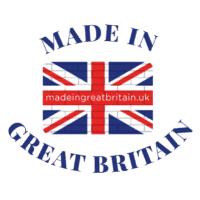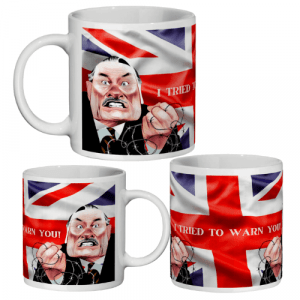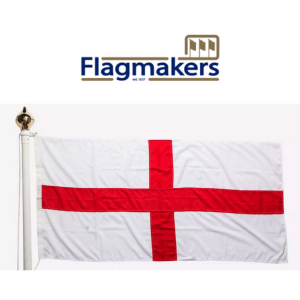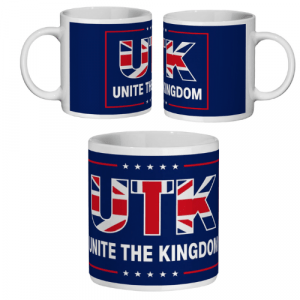
Understanding the England Flag Protests: Why the St George’s Flag is Everywhere in the UK
In the UK, particularly England, a wave of flag protests has surged during 2025. The sight of the St George’s flag, the Union Flag, and other British flags tied to lampposts, painted on roundabouts, and displayed publicly is unmistakable. Known as Operation Raise the Colours, this campaign aims to promote patriotism but has sparked heated debate and division across cities.
Supporters say it is a pure expression of British national pride, encouraging citizens to “buy British flags” and fly the English flag to show love for the country. Opponents link these displays to far-right groups and racist agendas. The truth, as with many protests, lies in complex social tensions, including immigration issues and national identity. This page dives into the origins, rules, controversies, and how this movement may grow, guiding you to buy authentic British-made flags and support the UK economy.
What is Operation Raise the Colours?
The campaign began in August 2025, with activists placing flags in public spaces across England and parts of the UK. Groups like the Weoley Warriors in Birmingham and Flag Force UK in Yorkshire lead local efforts. They tie flags like the St George’s Cross (England flag) and the Union Jack to public fixtures to demonstrate pride and unity in British heritage.
However, concerns have arisen. Many flags are painted on mini-roundabouts or zebra crossings, raising legal questions about damaging public property. Councils in some areas have removed flags citing safety or maintenance. The police have investigated some acts as criminal damage.
Despite these controversies, the movement has gained momentum. It follows several months where flying the English flag became commonplace at sporting events like the UEFA Women’s Euro 2025, where public display of patriotism was widely celebrated.
Rules and Legal Issues Regarding Flying the British Flags
Flying the British flag, or the England flag, is legal on private property and certain public spaces under government guidelines. Public buildings usually fly national flags officially. However, individual displays on council-owned lampposts or roadsides may require permission. Unauthorised flags tied to street furniture or painted designs on roads can be subject to removal or legal sanction.
The England & Union Jack flag protests have tested these rules. Many authorities must balance encouraging patriotism with preventing vandalism and public disorder. This delicate legal framework adds confusion and sparks debate about what should be allowed in public display. Find out more about flag protocol here.
Why Are People Protesting With Flags? The Core Reasons Explained
The protests are rooted in a growing sense of cultural and social frustration. Many participants say they want to raise the colours to celebrate our history, British values, and freedoms. They feel a lack of recognition for English identity and believe flying the flag is a positive way to unite communities.
At the same time, others see the movement as a reaction to perceived government failure on immigration policies. The flags, especially the St George’s Cross, have appeared alongside wider protests about asylum seekers and border controls. This connection leads to claims that the flag protests fuel xenophobia and division rather than unity.
Why is the England Flag a Considered a Symbol of Racism?
Debate about the St George’s flag is intense. Critics argue the flag has been co-opted by far-right groups and used in anti-immigrant demonstrations, making it a symbol linked to intolerance.
On the other hand, many English citizens and public figures insist the flag represents nothing but national identity and pride. They argue the flag can be reclaimed as a symbol of diversity and inclusion, much like other national symbols worldwide which have evolved over time.
Tommy Robinson and Unite the Kingdom Protests
The protests have attracted attention from far-right figures including Tommy Robinson, known for his anti-Islam views and founding the English Defence League. Robinson’s involvement has drawn both support and fierce criticism.
Similarly, campaigns like Unite the Kingdom are organizing large rallies, such as the one in September 2025, which reportedly drew over 150,000 attendees. These demonstrations raise important questions about the future direction of national pride and its political uses in the UK.
Where Are the Flag Protests Happening Across the UK?
The flag protests and related demonstrations have occurred in key cities and regions such as Birmingham, York, Worcestershire, Manchester, and London. Specific groups like the Weoley Warriors have been particularly active in the West Midlands. The spreading of flags and painted crosses has sparked debate about community cohesion in these areas.
Where to Buy British and England Flags, Made in the UK
If you want to show your pride in a positive way, consider purchasing authentic British flags, England flags, or Union Jacks made in the UK. Buying flags from British manufacturers who produce flags domestically supports local businesses and strengthens the British economy.
Trusted UK flag suppliers offer quality products suitable for home display, businesses, or events. Remember, flying a UK-made flag is a tangible way to unite the kingdom through craftsmanship and patriotism.
How Might The Unite The Kingdom Movement Escalate?
The flag protests are unlikely to disappear soon. With immigration, national identity, and political divides remaining contentious, the presence of these flags will continue to provoke discussion and action.
Opinions vary widely: Some predict that the protests will spark more community-led celebrations of British heritage, while others warn of increased tensions and possible clashes linked to extremist groups.
Flying the Union Jack and St George Flag Responsibly and Respectfully
In summary, the current England flag protests represent a complex mixture of patriotism, political activism, and social frustration. Understanding the rules around flying the flag, the cultural context, and the arguments on all sides is essential to forming your own view.
If you choose to fly the flag, do so responsibly and support Made in Great Britain to help our economy thrive. Most importantly, let the flag be a symbol of unity, not division, in these challenging times.






